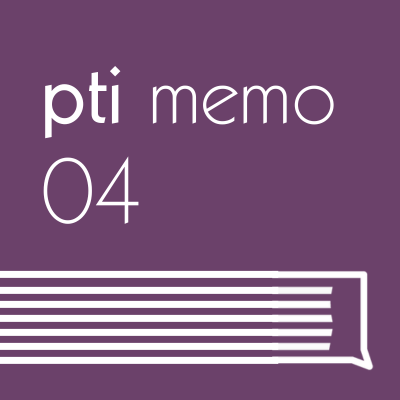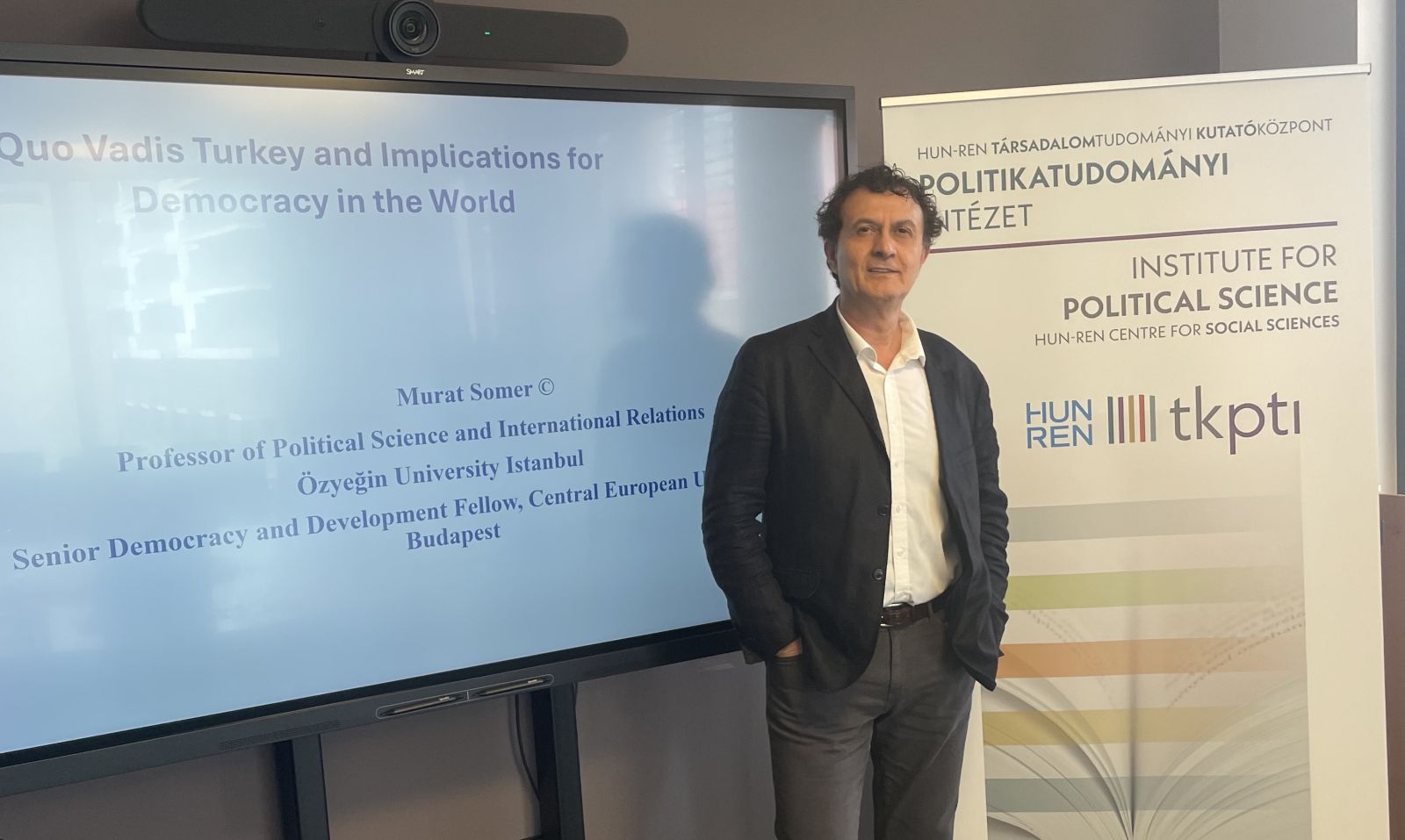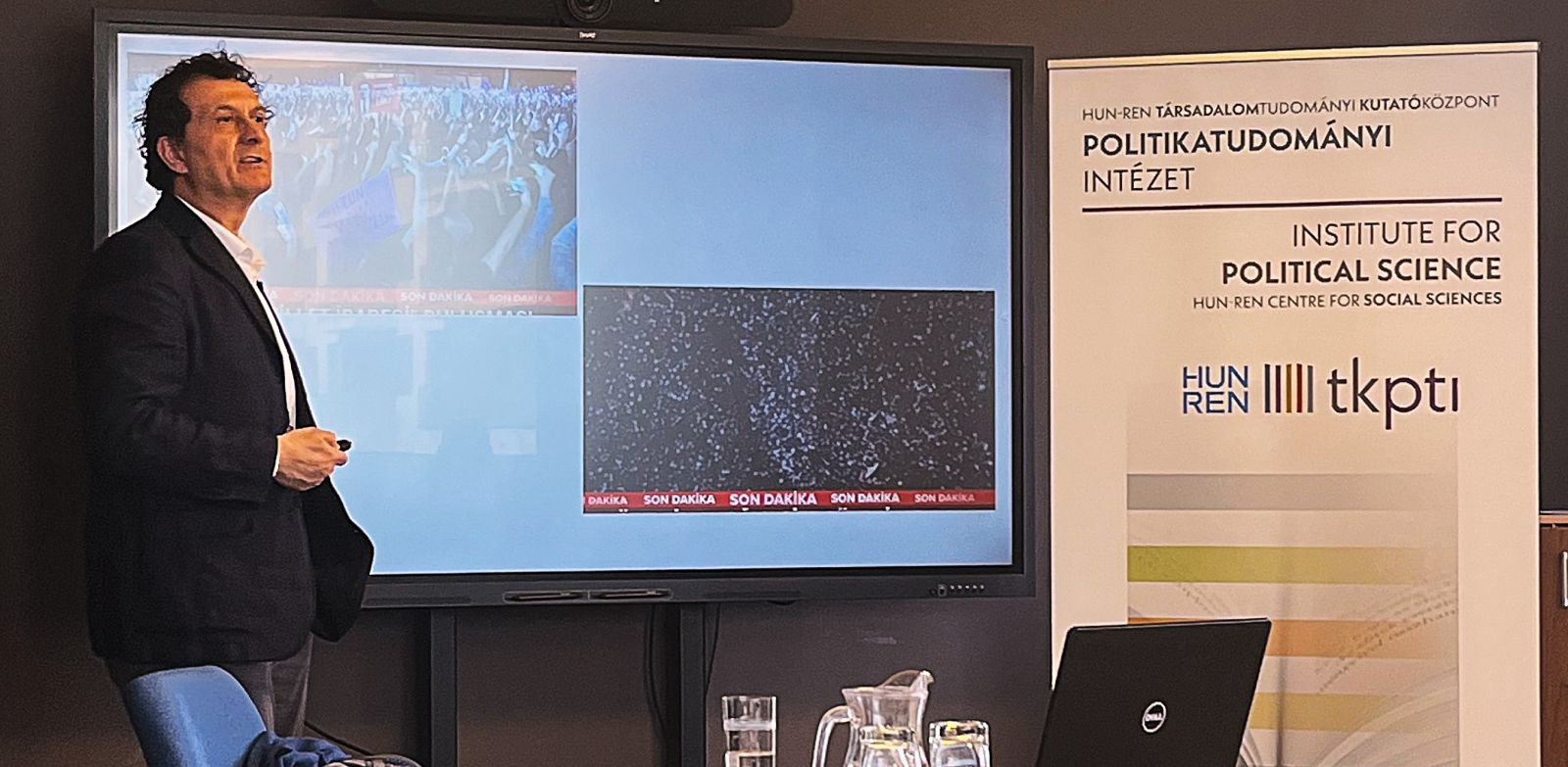

The talk opened by outlining its structure and objectives: (1) to explore opposition dilemmas during democratic erosion, (2) to examine how the Turkish opposition has evolved through learning and innovation and (3) to reflect on these lessons from the global scale. At the heart of the presentation was a call to develop better theories for understanding democratic backsliding.
Democratic erosion is a process that typically unfolds gradually and under the guise of legality, making it difficult to detect and resist. Somer stressed that the real crisis lies not only in democratic decline itself but also in the lack of diagnostic clarity and actionable responses. He identified three distinct but often overlapping trajectories of democratic decline, including legislative capture, plebiscitary overrides and executive power grabs.
Somer continued by outlining key strategies available to opposition actors to counter democratic backsliding. Having carefully diagnosed the nature of the regime threat, opposition actors must adopt an appropriate an anti-polarization strategy, for instance, active depolarization (fostering cross-cutting societal ties) or transformative repolarization (realigning political conflict along a new cleavage). Then, they may choose their oppositional strategy, whether it is normal or extraordinary, institutional or extra-institutional (see Table below). Finally, selecting framing strategies are essential to articulate what the oppositional project is 'for'. Whether it is restoring democratic norms, protecting civil liberties or challenging oligarchic power, frames could help to mobilize support, define concrete demands and maintain political momentum over time.
| OPPOSITIONAL STRATEGIES – MATRIX | Normal methods | Extraordinary methods |
| Institutional methods |
|
|
| Extra-institutional methods |
|
|
| The table is sourced from the presentation slides of Murat Somer. | ||
Using Turkey as a case study, Somer demonstrated how opposition actors have experimented with oppositional strategies over the past two decades. From the early 2000s to the present, the Turkish opposition has cycled through various phases of fragmentation and coordination, shaped by changing perceptions of regime threat and opportunity. Recent innovations have been particularly noteworthy. Among others, Turkish opposition forces have merged political parties with non-violent contentious politics on the ground, created mechanisms like open primaries and signature campaigns to build legitimacy outside formal institutions and leveraged consumer power through targeted boycotts.
Additionally, oppositional forces in Turkey actively practiced constructive polarization. As a result, they fostered a clear "us" versus "them" divide without resorting to vilification, thus maintaining a broad appeal and cross-cutting ties. These experiments offer valuable lessons for opposition movements worldwide, especially in contexts where democratic institutions are eroding from within.
For more information, visit Murat Somer's website: LINK


As part of the pti memo series, we publish short blog posts about the Speaker Series events of the HUN-REN CSS Institute for Political Science, expanding the accessibility of fresh and socially relevant political science research. You can find more information about the Institute’s upcoming events here.
Author of the blog post: Dominik Rákos
Date of publication: 13 May 2025
